Interview: The Swimmers (w/ Steve Yutzy-Burkey)
Audio clip: Adobe Flash Player (version 9 or above) is required to play this audio clip. Download the latest version here. You also need to have JavaScript enabled in your browser.
How does a band follow up a debut that received much love with NPR, The Philadelphia Inquirer, Magnet, and many others hailing the smart guitar-driven indie-rock sound they had created, when that same band found themselves disillusioned with the writing and recording process they had to endure to make that debut?
If you are Philadelphia’s The Swimmers, and you are following 2008′s Fighting Trees, you build a home studio, take control of the entire recording process, and rediscover who you are as musicians. You release an explosive blast of modern new-wave-pop, that hearkens back to the best parts of New Order’s deep synth driven groove, yet at the same time borrows the deep noise explorations of Radiohead’s catalog, combining them with a sharp songwriting sense.
People Are Soft is a career defining point for the band. Despite the success of Fighting Trees, the band has almost completely remade themselves by creating an album that, while a radical change from what came before, also exceeds the expectations that surrounded their stellar debut.
Singer/ guitarist and principle songwriter Steve Yutzy-Burkey recently took some time to talk with Aural States:
AS: You had such a different approach to the recording of this album, doing it all in your home studio and having total control over the whole process (unlike last time). How has it been to finally release the album since it was so much more of a personal project than last album?
Steve Yutzy-Burkey: It’s been a little tough. It was interesting to see how people have responded to it. It has been mostly quite positive, though I can understand people who were fans of the last record being slightly turned off by this record because it is very different than the last record.
AS: Was that a conscious effort to make it so different or just a product of having your own studio?
SY: It was a conscious effort to do it for ourselves. 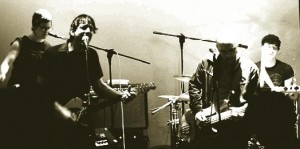
AS: Do you feel this is more who you are musically, this deeper darker side, or do you think it is just a side of what you do?
SY: I think for sure it is how I write. I feel like I am on the edge and I can sorta push myself to be more accessible when I need to {laughs}, but I am definitely more attracted and listen to more music in this vein.
AS: Is it hard now to go back and listen to the last album?
SY: I don’t want to say that. It is not hard for me to listen as much as it was just a different space. We actually recorded that album three years ago. There was a pretty big shift between the two records.
AS: Was that shift a slow gradual thing or was it just waking up one day and saying this is who we are?
SY: It was gradual, but there was also something after the last record where we knew wanted more control. We actually wanted that first record to be a little weirder than what it actually was. There were some definite reactions to the last album when it was done. There were also just gradual shifts in taste changes in the last couple of years.
It was definitely a choice to sound more interesting this time. I think the last record probably sounds better sound wise because it was recorded in a better studio. I think for now at least, we are much more in this vein of doing our thing.
AS: Was there any particular music that seemed to influence your music and writing after the last album? Maybe something new or rediscovering something?
SY: Yeah, I think I was listening to records that didn’t pop out as much as single songs as I did when I made the last record. I listened to a more experiential album kind of thing. At the time of recording I was listening to a lot of Deerhunter and Radiohead In Rainbows, and New Order and stuff like that.
AS: More of a full album experience?
SY: Right. Exactly.
AS: Is there any thought to go back and reinterpreting some of your older songs and making them feel more part of what you do now?
SY: We have gone and reworked some of them, but some feel so far out of the realm of what we are doing that we rather just keep going and add new stuff to this. 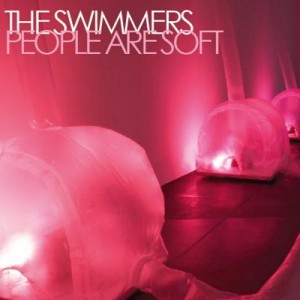
AS: Besides the new studio, was the writing and recording process for People Are Soft any different than last time?
SY: Something that happened this time was I was working a lot more closely with Scott [French], the drummer, who writes a lot of stuff. He wrote three songs this time, where he only wrote one on Fighting Trees. We found a way to work together that really works for us. We have never been able to sit in a room and write a song together, but we found a way by trading demos and mixes and chopping them up and adding stuff. Adding parts from other demos and sending them back and forth, that really worked for us. It happens in our own spaces and we can email ideas back and forth, and begin fleshing them out. It made the whole process a lot smoother. We have a lot of snippets and demos leftover for the next record.
AS: How do you approach your song writing? Do you have an organized process?
SY: It is never organized {laughs}. It is always like magical in some way, and I can never figure out how to go and do it again {laughs}. I really always have snippets and lyrics. I write down every time I think of a line, or record every snippet of music I hear, and then just try and put things together later. I have found I am putting more stuff together on the computer lately, which is a big change. I can’t really start with a blank page though; I need bits and pieces to work from.
AS: How does it feel to you, moving away from that organic guitar way of writing and moving more towards using a computer?
SY: I was definitely not comfortable with that two years ago {laughs}. I think that has been one of the big shifts between the two records. I was always much more organic, everything has to happen as a band, where it makes sense with me playing it by myself on an acoustic guitar or at a piano. Most of the time on the new record I didn’t give any thought to that. It is frustrating, but at the same time I don’t necessarily mind it. I am trying to let go of that feeling of being forced to hear it organically.
AS: The songs from the new album are definitely more complex and intricate than before. Have you been able to work them up and make them playable in a live setting?
SY: We have been able to work up all the new songs for the stage except for the last one (“Try to Settle In”). It took awhile to do it, but it has worked really well. We ended up using some sequenced sounds on stage because we are just four people and can’t pull off everything we want to do. It was something I thought I would never do, but for these songs I feel like there is just stuff we can’t do without on stage. I feel like we pull off almost all of the parts.
We have also added a couple of other things to it, like tom up front or some other percussion or a xylophone so we have other things happening live because I think things can look really canned if you start playing a lot of prerecorded stuff as a band. It is important to have the energy of extra instruments on stage. We pull off a lot on stage, both organically and with the tracks.
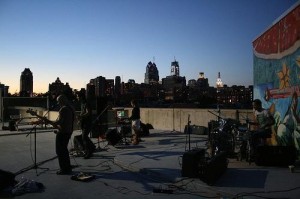 AS: Does it become like work on stage with all you have to do?
AS: Does it become like work on stage with all you have to do?
SY: Yeah, it can. It can go both ways, but I feel it is getting more and more comfortable each day. It is becoming second nature and we are becoming more of a band as opposed to just playing all these different parts.
I feel like I want to keep shifting and moving. I don’t want to keep the recording process the same the next time. So next time maybe I would like the arranging to happen more organically for the band.
AS: I think that is a great thing for a band to be confident to do, to be able to change their identity and what they do and how they do it between albums.
SY: I think there is that definite shift between the two albums. But I also think with this new record, there is that shift between songs. We really worked on each song to its conclusion, with no thought about the rest of the album, and just do what it needs and not worry about creating a cohesive sound. When I think about the future and I think about the next record, I think I might want to have a more cohesive sound. But for this one we went for the sound of each song being the sound of each song.
AS: It seems like you are already looking forward. What is the plan for the future and your next album?
SY: I would love to start recording next year if possible. We just have to see how it fits in with everything else if we will do a full record or just a couple of songs or an EP. I am almost more interested in doing things in the moment. Just putting out singles and EPs, keeping constant content coming from us while we have the setup at home. Just keep releasing things online and in different formats.
Related posts
- White Rabbits Interview (w/ Steve Patterson)Aural States chats with White Rabbits’ vocalist and pianist Steve...
- Interview: The Pietasters (w/ Steve Jackson)Aural States- In a few sentences, could you give your...
- Interview: The Secret Machines (w/ Brandon Curtis)[Audio clip: view full post to listen] MP3: The Secret...
- Interview: Gogol Bordello (w/ Eugene Hutz)Aural States: So I am dying to know, you were...
- Interview: Small Sur (w/ Bob Keal)We’ve lavished praise upon Small Sur’s first full-length, released earlier...



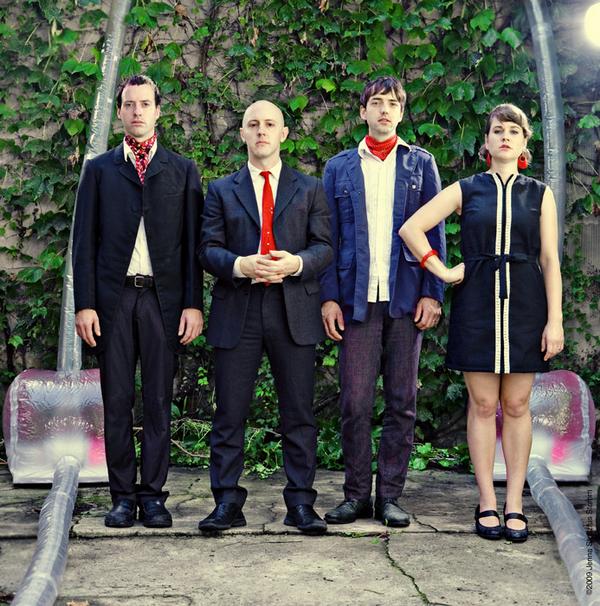


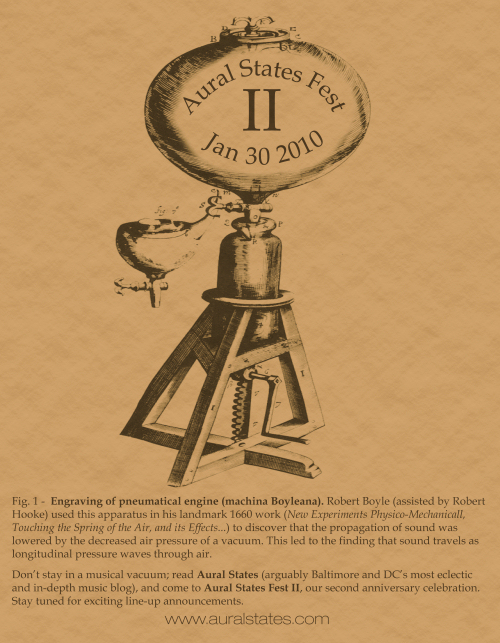
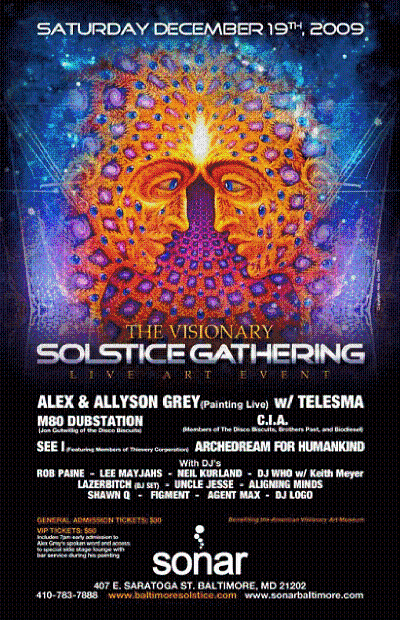













 Double Dagger: Masks EP
Double Dagger: Masks EP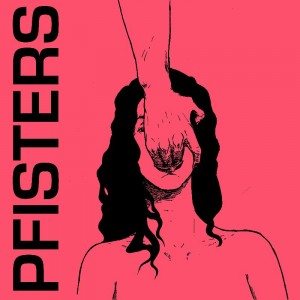 Pfisters: Narcicity
Pfisters: Narcicity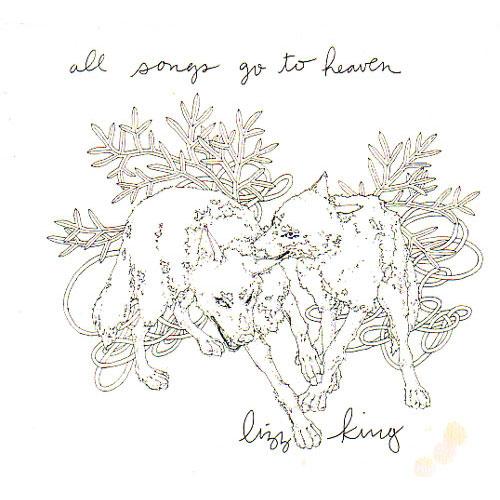 Lizz King: All Songs Go To Heaven
Lizz King: All Songs Go To Heaven Imperial China: Phosphenes
Imperial China: Phosphenes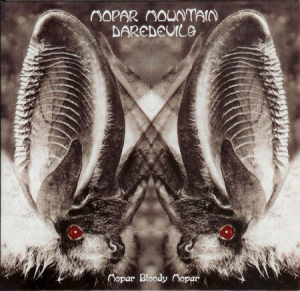 Mopar Mountain Daredevils: Mopar Bloody Mopar
Mopar Mountain Daredevils: Mopar Bloody Mopar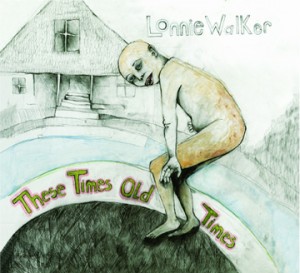 Lonnie Walker: These Times, Old Times
Lonnie Walker: These Times, Old Times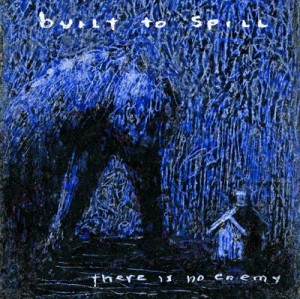 Built to Spill: There Is No Enemy
Built to Spill: There Is No Enemy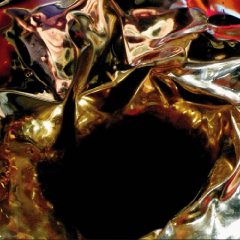 Hypnotic Brass Ensemble: Hypnotic Brass Ensemble
Hypnotic Brass Ensemble: Hypnotic Brass Ensemble Secret Mountains: Kaddish EP
Secret Mountains: Kaddish EP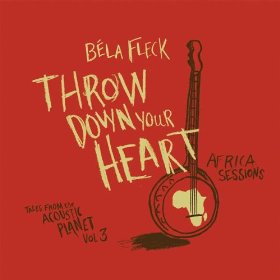 Bela Fleck: Throw Down Your Heart: Tales From the Acoustic Planet, Vol. 3 -Africa Sessions
Bela Fleck: Throw Down Your Heart: Tales From the Acoustic Planet, Vol. 3 -Africa Sessions Lands & Peoples: Lands & Peoples EP
Lands & Peoples: Lands & Peoples EP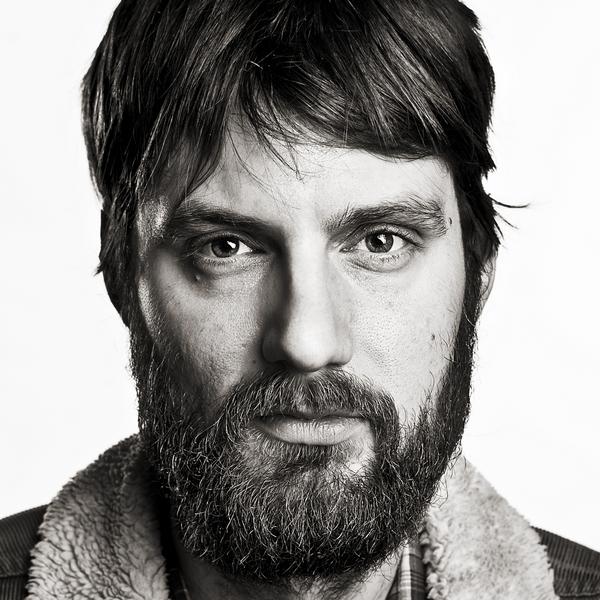 Caleb Stine: Eyes So Strong and Clean
Caleb Stine: Eyes So Strong and Clean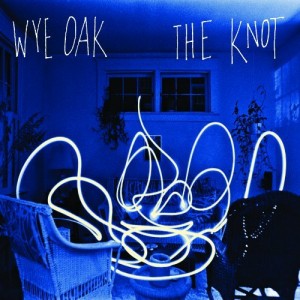 Wye Oak: The Knot
Wye Oak: The Knot Pontiak: Maker
Pontiak: Maker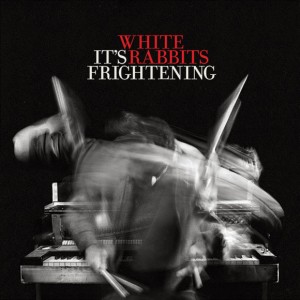 White Rabbits: It's Frightening
White Rabbits: It's Frightening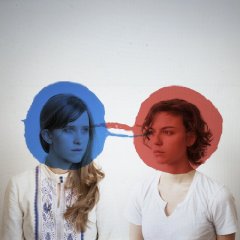 Dirty Projectors: Bitte Orca
Dirty Projectors: Bitte Orca Double Dagger: More
Double Dagger: More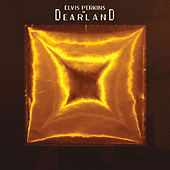 Elvis Perkins in Dearland: Elvis Perkins in Dearland
Elvis Perkins in Dearland: Elvis Perkins in Dearland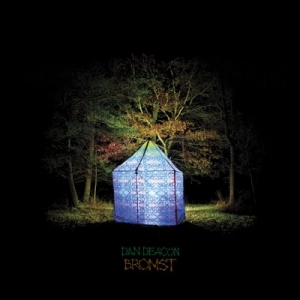 Dan Deacon: Bromst
Dan Deacon: Bromst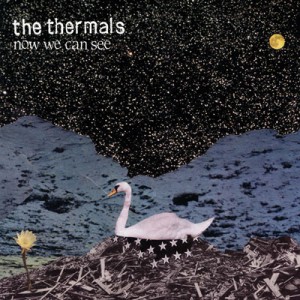 The Thermals: Now We Can See
The Thermals: Now We Can See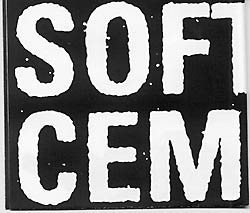 Soft Cement: Think About It EP
Soft Cement: Think About It EP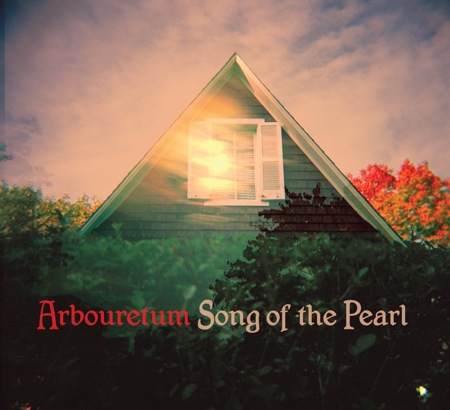 Arbouretum: Song of the Pearl
Arbouretum: Song of the Pearl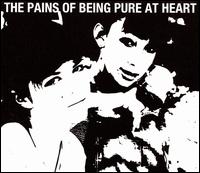 The Pains of Being Pure at Heart: The Pains of Being Pure at Heart
The Pains of Being Pure at Heart: The Pains of Being Pure at Heart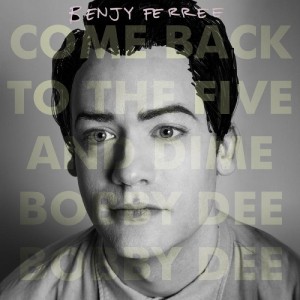 Benjy Ferree: Come Back to the Five and Dime, Bobby Dee Bobby Dee
Benjy Ferree: Come Back to the Five and Dime, Bobby Dee Bobby Dee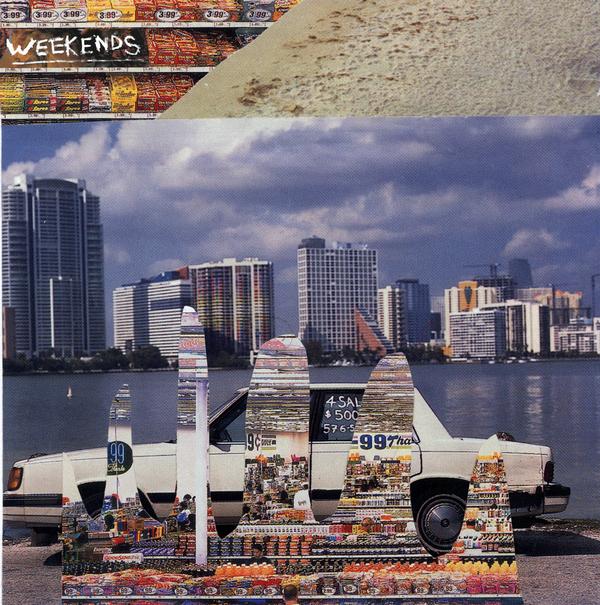 Weekends: Weekends
Weekends: Weekends Height With Friends: Baltimore Highlands 12" LP, Limited-Run Vinyl Only
Height With Friends: Baltimore Highlands 12" LP, Limited-Run Vinyl Only Caverns: Kittens! EP
Caverns: Kittens! EP Little Joy: Little Joy
Little Joy: Little Joy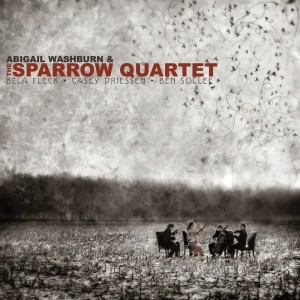 Abigail Washburn & the Sparrow Quartet:Abigail Washburn & the Sparrow Quartet
Abigail Washburn & the Sparrow Quartet:Abigail Washburn & the Sparrow Quartet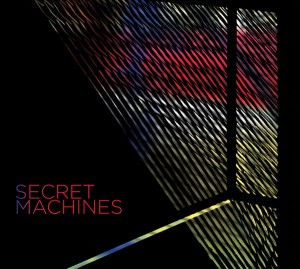 The Secret Machines: Secret Machines
The Secret Machines: Secret Machines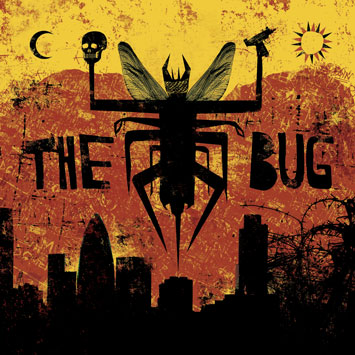 The Bug: LondonZoo
The Bug: LondonZoo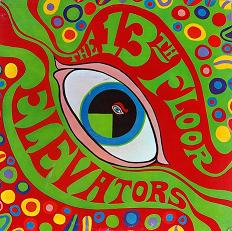 13th Floor Elevators: Psychedelic Sounds of the 13th Floor Elevators (Vinyl Mono LP only)
13th Floor Elevators: Psychedelic Sounds of the 13th Floor Elevators (Vinyl Mono LP only)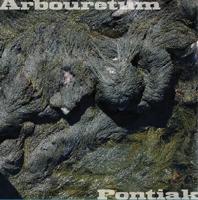 Arbouretum/Pontiak: Kale (Vinyl LP only)
Arbouretum/Pontiak: Kale (Vinyl LP only) Small Sur: We Live in Houses Made of Wood
Small Sur: We Live in Houses Made of Wood AbeVigoda: Skeleton
AbeVigoda: Skeleton ImperialChina: Methods: EP
ImperialChina: Methods: EP